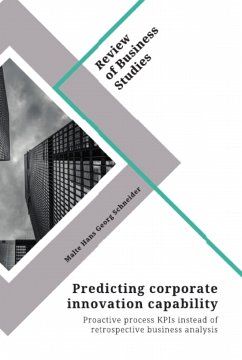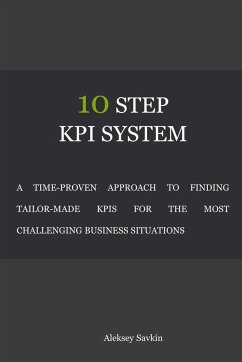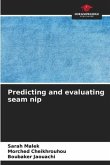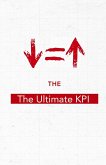Master's Thesis from the year 2019 in the subject Business economics - Review of Business Studies, grade: 1.0, RWTH Aachen University, language: English, abstract: Predicting KPIs is still a scarce field of research whereas new frameworks are developed more frequently. This research gap should be closed or at least narrowed with this thesis and developed proactive KPIs to provide new measures to a widely discussed topic that recently gained more popularity. The author aims to explore which KPIs can predict future business performance and which indicators might have to be developed to give a consistent set of measures.Over the past couple of years, the average life span of companies steadily decreased. While technology and digital opportunities are evolving, flexibility and the urge to innovate become crucial for a successful firm as product life cycles become shorter and shorter. Over 80% of newly introduced products are out of the market within a year or less. But companies truly believe they adequately measure and interpret the data they collect correctly.Key performance indicators (KPIs) are still the heart of assessing current business performance. While many companies rely on past financial data to evaluate whether they accomplished certain goals, new research suggests a more holistic picture with non-financial measurements such as innovation, human or marketing capabilities. For example, a service-orientated company most likely strives for a high customer satisfaction. Therefore, great emphasize on past financial data does not reflect the company's goal or strategy adequately and leads to a wrong approach and management actions.The utility of KPIs is undermined by its retrospective validity of the measures. Mainly, past or present information are used to assess the current status quo. Although future will always be unpredictable, proactive KPIs can set the route to a better understanding what might happen. More precisely, putting the company's longevity and innovation capability into the hands of retrospective key performance indicators rather than measuring proactive future performance indicators seems paradox. To stay relevant, competitive, and successful, companies must rework their current KPIs to draw the right conclusions in the present in order to be innovative in the future.








